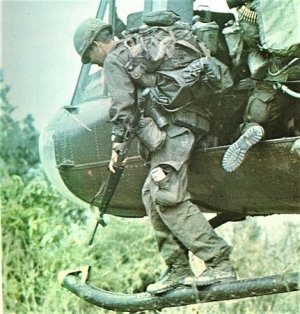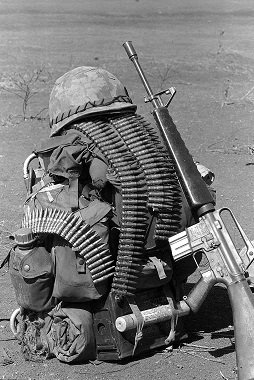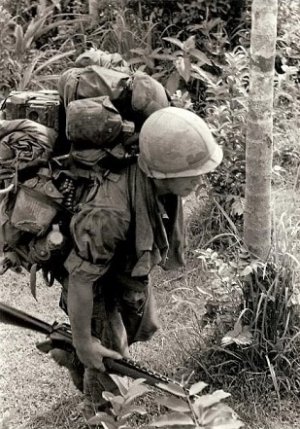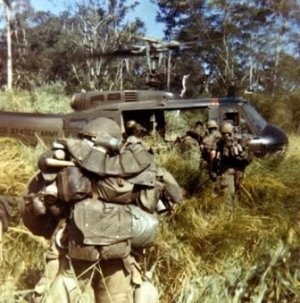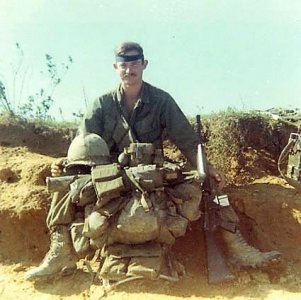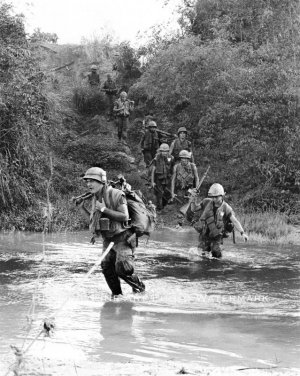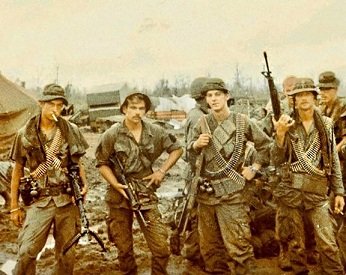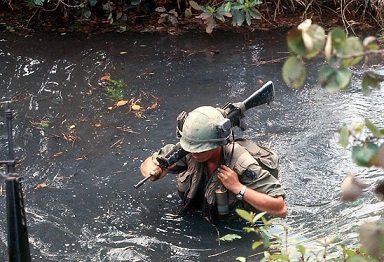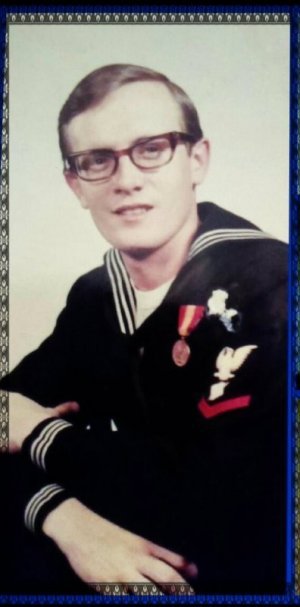Code words and the names of operations during WW2 were created by a group of Intelligence officers for the British and Commonwealth military forces. Operation names were always in 2 parts like Market Garden. Individual code words were selected to have no actual connection to what the subject was, such as Mince Meat, which was the distraction and deception program to convince the Germans that the invasion of Italy was going to take place in Greece, instead. Individual British intelligence agents were given code names that were sometimes whimsical, some times not. Garbo, Zig Zag, Banner, and Alfred were all "doubles" who were working for MI6 ( while pretending to work for the Germans at the same time ). Playing the "Double Cross Game " was a deadly role for the men, and a few women who did it. Garbo was so good at it that he ( A Spanish citizen ) was awarded the Iron Cross second class by the Germans, for his "superb intelligence gathering efforts on half of the Third Reich ". The MI 6 controllers let him keep it, after the war ended.
In the weeks close to the D Day landings, a number of the "code words " that were connected to Operation Over Lord , showed up in the crossword puzzle of the Times of London.....Yikes, was there a leak ??? MI 5 (the domestic internal security branch of British Intelligence ) was sent to arrest the elderly Professor who created the crosswords. He was held in a safe house in a London suburb by MI 5 military Policemen, until the landings had taken place. It turned out to be a innocent set of circumstances.
Most of the German agents sent into the UK during the war were of a very poor quality. They tended to get caught, or turned themselves into the British Police as soon as they landed. Their training was sloppy, their equipment was junk, and they were given old, out of date UK currency that most British people would immediately be wary of. A few of the brighter German agents were offered the chance to be "pet mice " who would send Morse code messages back to Germany, under strict MI5 control. This was called the "funk spiel " or the radio game. The information that the mice would send back was about 80 percent false, with a few bits of true information inserted to see what the Germans would like to hear more of. Those German agents ( most of whom were not German citizens but were from the various other countries of Europe ) who refused to be mice were tried as spies and executed quietly.
One of the more interesting code names was PLUTO ( Petroleum Line Under The Ocean ) which was a pipeline that was laid in the first week after D Day, to pump gasoline, diesel fuel, and motor oil through a number of pipes from the UK to Normandy. MULBERRY was a series of floating concrete piers that were towed across the Channel, then sunk off shore, to create an artificial harbor for unloading equipment onto the beaches.
Finally, as a Canadian, I was taught that our 1942 landing on the French coast town of Dieppe was a "trial of tactics and equipment that would be used later in a full scale invasion of France ). WE WERE LIED TO. In 2012, the Official Secrets Act was lifted on Operation Rutter, which was the Dieppe landings operation. SEVENTY YEARS LATER the truth came out.
The real military reason for the raid on Dieppe was.......To send a special Royal Marines Commando platoon into the town, to the German Naval HQ, to STEAL a new 4 rotor ENIGMA code machine. Everything else was a diversion, using over 5,000 troops, most of whom were Canadians.
Background information ...........5 months before the Dieppe raid, the Germans had begun to switch their high level codes to the new and much more complicated 4 rotor ENIGMA machine. This resulted in the decoders at Bletchley Park being unable to read the messages sent to the Atlantic U boat fleet, from German Naval HQ. Without the new code, the Allies were going to lose the war. For sure.
So, WHO planned and supported this raid ? A Royal Navy Commander named...IAN FLEMING...Yes that Ian Fleming, who would later write the James Bond series of fiction books. Fleming was the number 2 man at the Royal Navy intelligence office in London. He had the ear of BOTH Mountbatten, and Churchill. Fleming was able to convince his "masters at court " that a snatch raid would save the day. On the day of the raid, EVERYTHING went wrong. The attack force was late, the RAF bombers were late, and most importantly number 40 RMC platoon did NOT get ashore at all. The Canadians were decimated, 60 percent killed, most of the rest off to spend the rest of the war as German POW's. Fleming was off shore on HMS Calpe, waiting to get his hands on the ENIGMA.
If you doubt my words, buy this book........A Day In August , by the respected Canadian military historian David O'Keefe, written AFTER the 2012 release of the entire Dieppe raid files. He shows in incredible detail the hand written notes by Ian Fleming, and his bosses, that the entire thing was solely to steal a ENIGMA machine and the associated code books for it. As it turned out, in October of 1942, a German fishing trawler, acting as a radio relay station near Iceland was captured by the Royal Navy, with it's 4 rotor ENIGMA machine intact. So the bofins at Bletchley Park were able to break the new machine, after all.
ISBN 978-0-343-80770-0 is the book's identification number. It is on the market as a used book now, published in 2013, by Penguin Random House Canada, in Toronto . 372 pages, with 35 photos and maps.
JimB.



